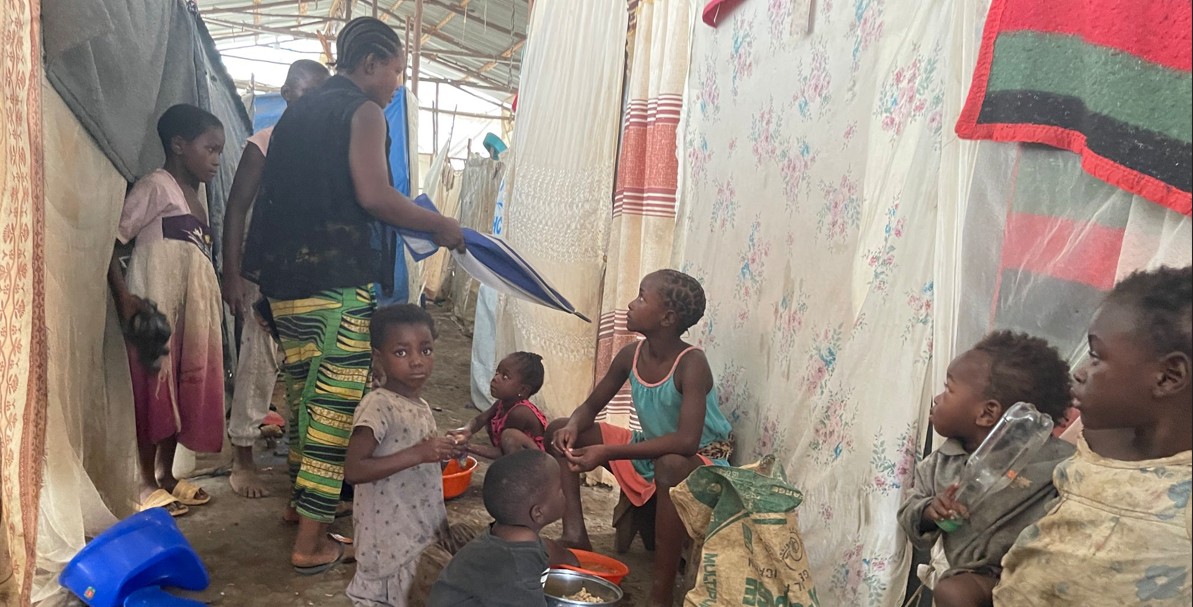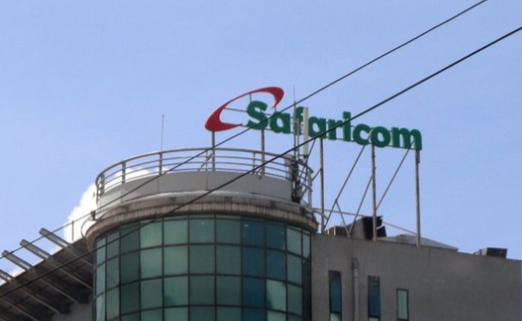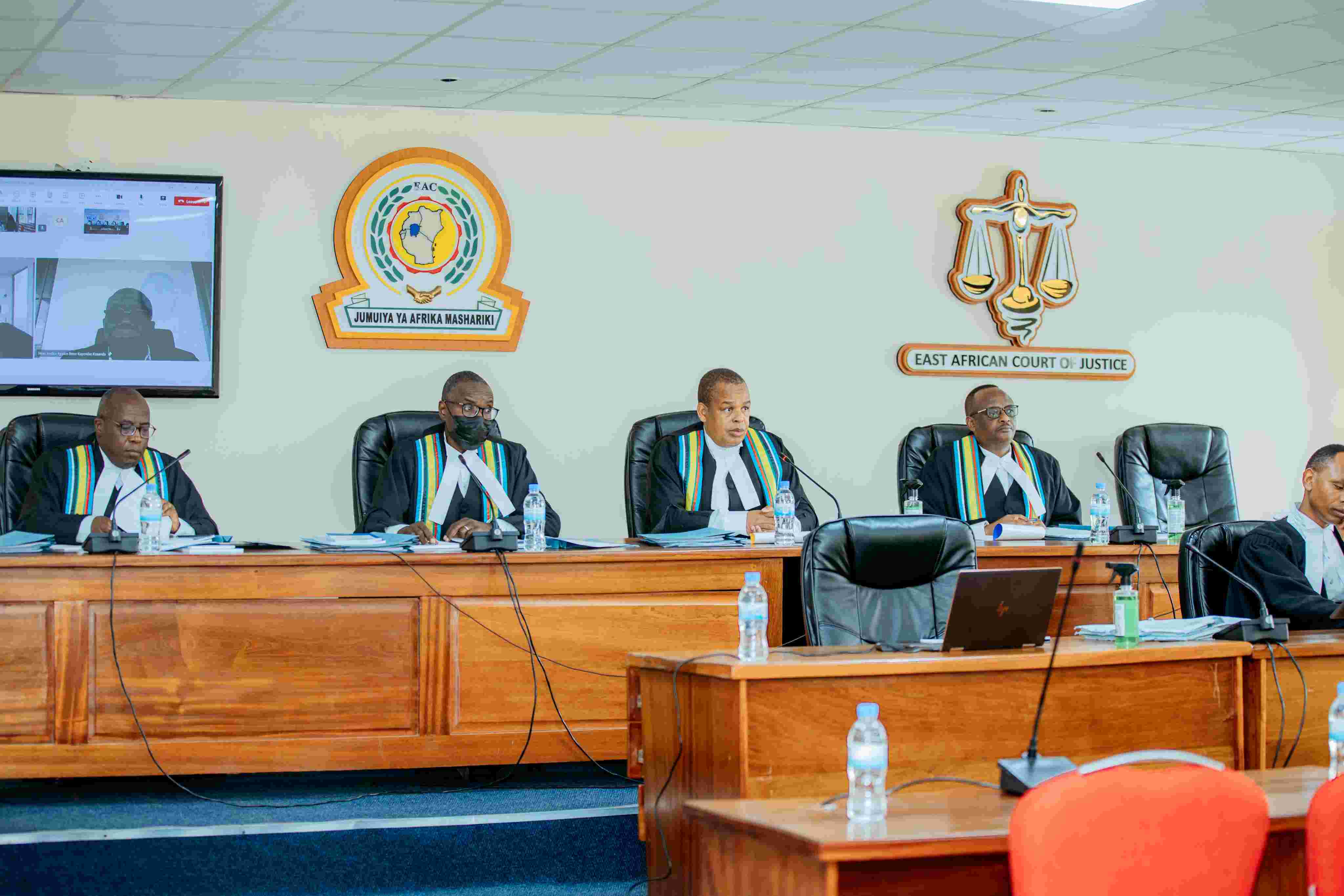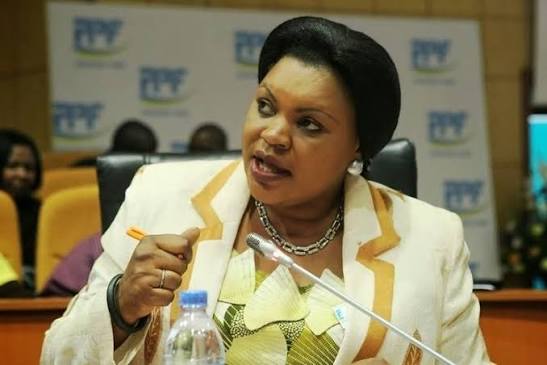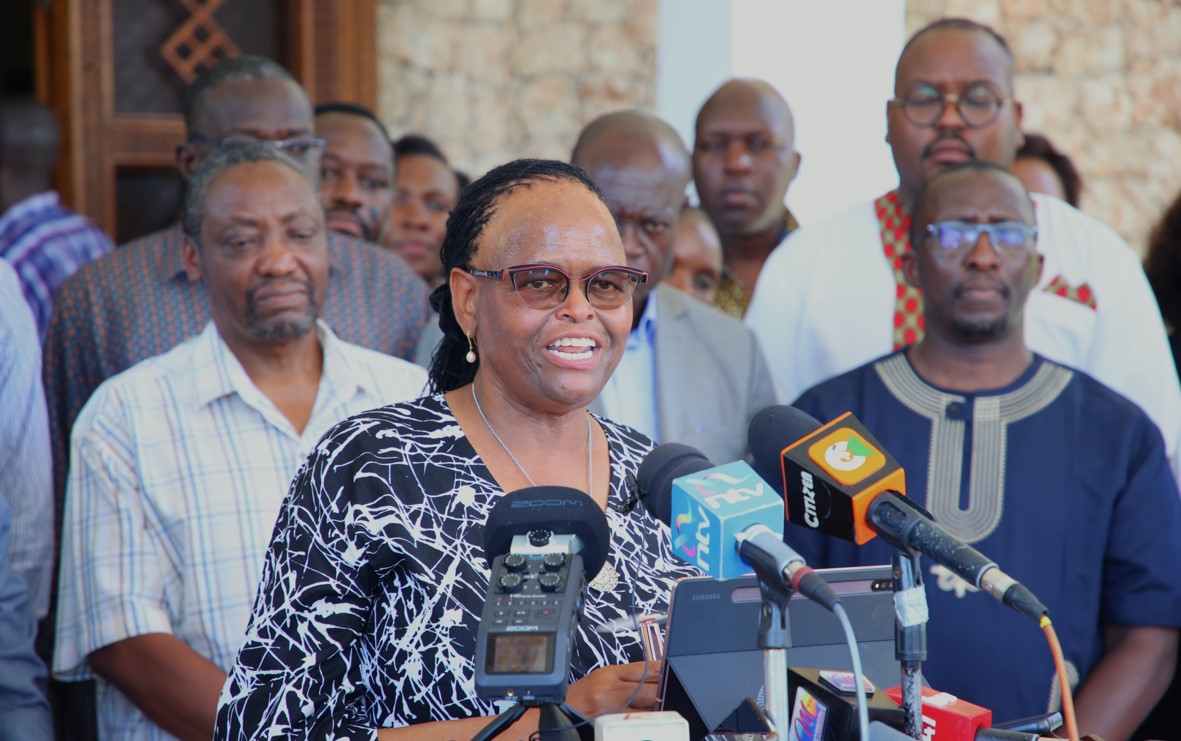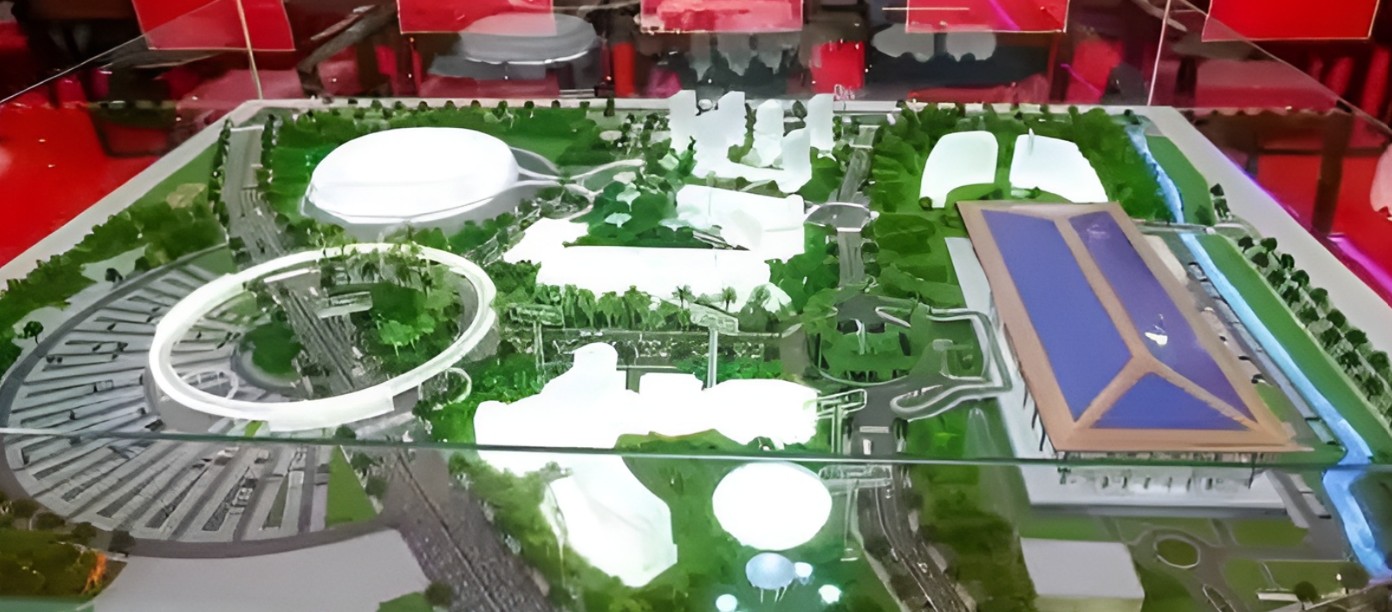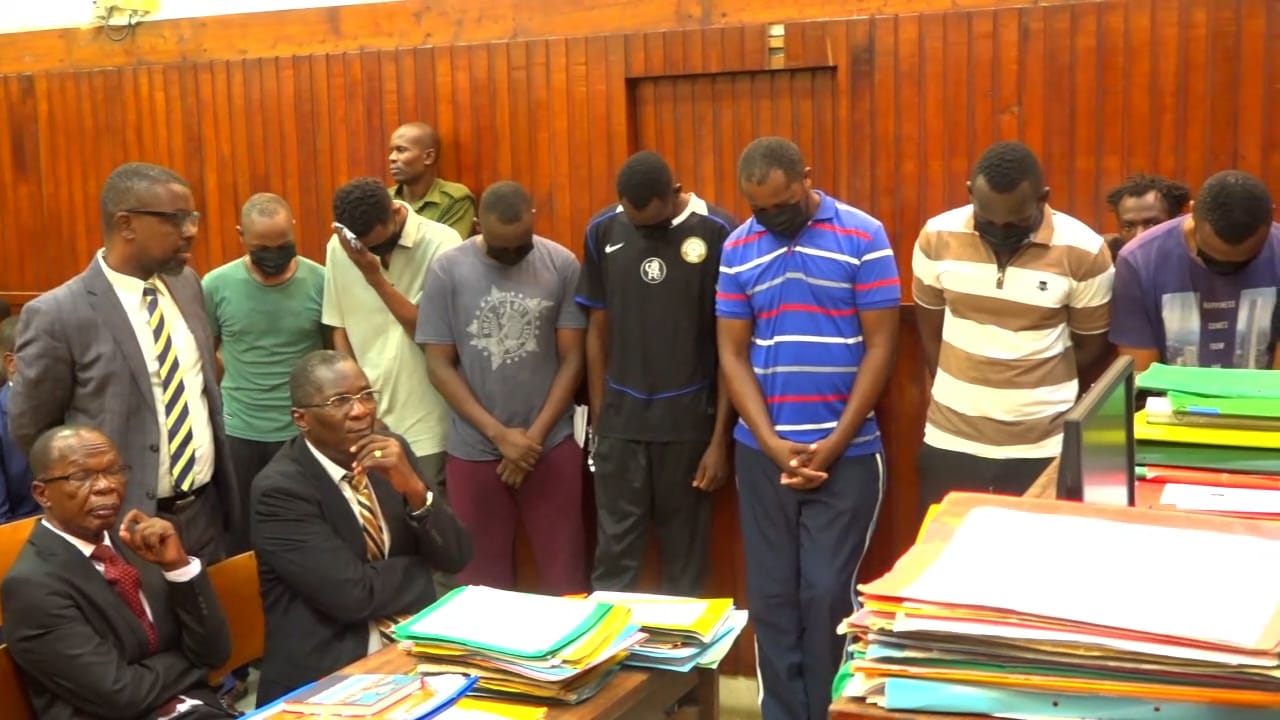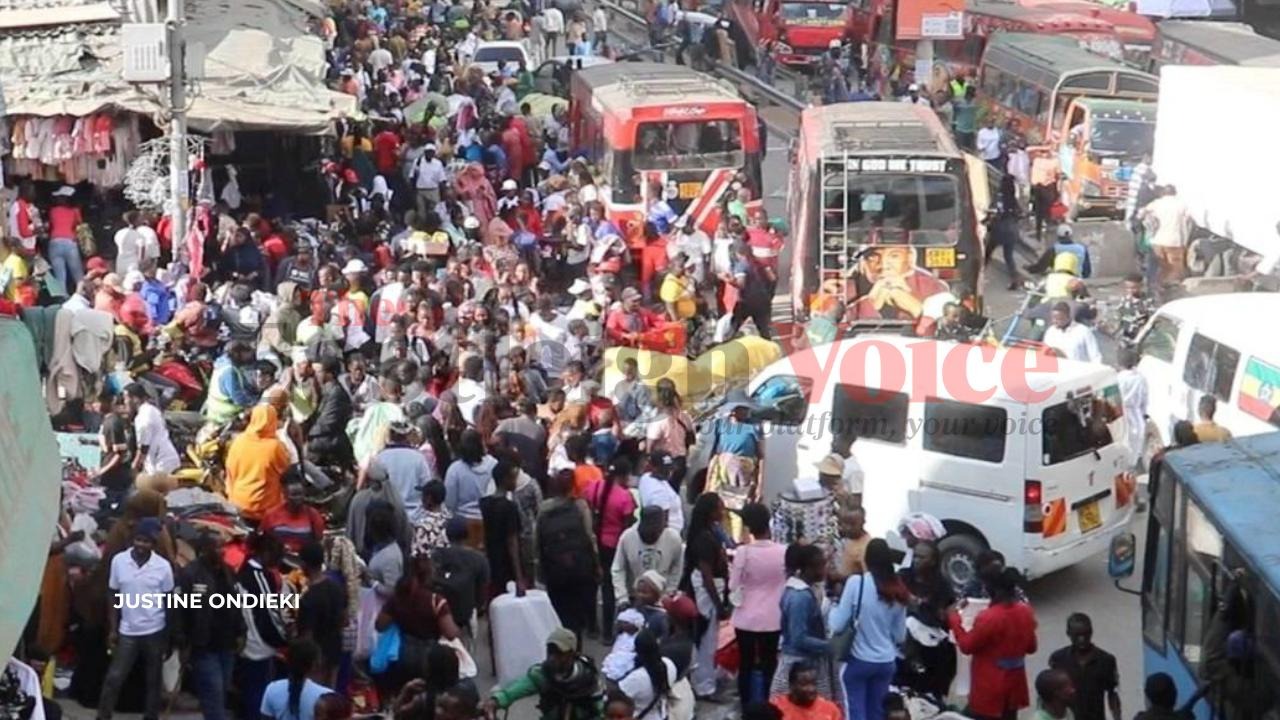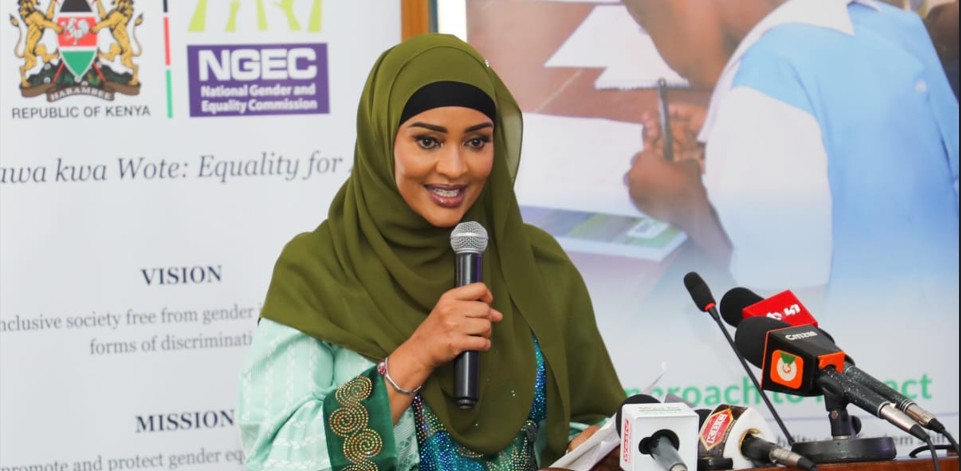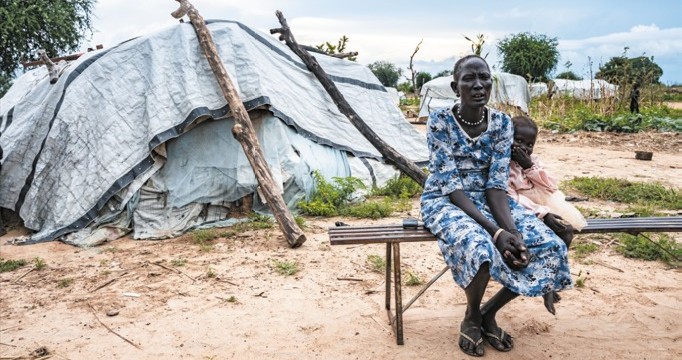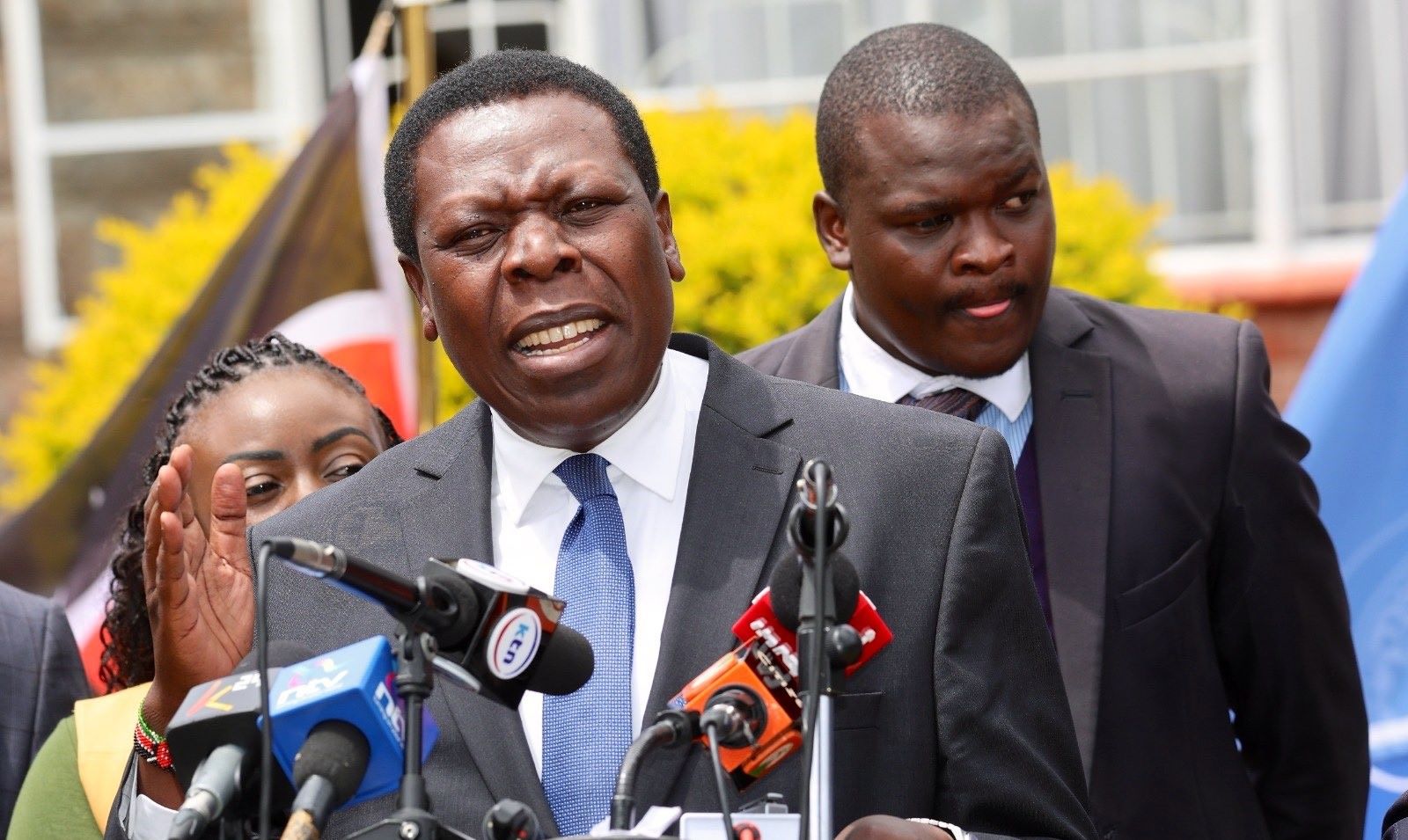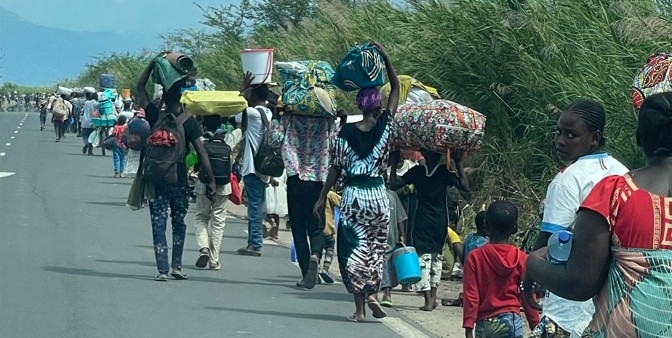Hospitals seek detailed breakdown of SHIF payments amid ongoing delays
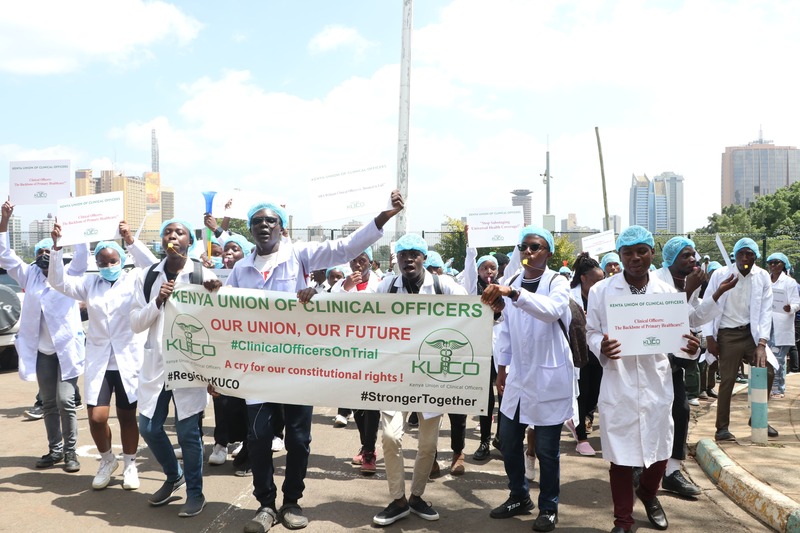
Lishenga emphasised the need for clarity both on which hospitals have received payments and the total revenue SHA has collected from Kenyans since its launch in October.
The government has been asked to publish a detailed breakdown of hospital payments and the revenue collected from Kenyans since the launch of the Social Health Insurance Fund (SHIF) in October.
Healthcare providers have expressed frustration over delayed reimbursements and the financial strain this is placing on facilities, while officials from the Ministry of Health continue to announce figures that do not seem to match those received by hospitals.
More To Read
- Duale accuses politicians of hijacking clinical officers’ protests, says most protesters are not clinicians
- KNCHR says Kenyans still locked out of healthcare despite Sh138 billion SHA boost
- MPs ditch SHA, the public health scheme they once praised, and opt for private cover
- How Trump–Ruto health deal fills the void left after USAID exit
- MPs demand SHA clears Sh10 billion in pending NHIF bills within three months
- TSC confirms shift to SHA cover for teachers from December 1
In November, the government announced it released Sh3.7 billion in pending bills owed to various health facilities nationwide. The amount, it said, included Sh1.4 billion for the defunct National Health Insurance Fund (NHIF).
Part of the money was allocated to the Linda Mama programme, which received Sh1 billion, while primary healthcare providers received Sh1.3 billion.
President William Ruto directed the release of the funds, promising to clear all debts owed to hospitals and service providers by the NHIF.
Call for greater transparency
However, healthcare providers are now calling for greater transparency regarding these payments. They want the Ministry of Health to publish the names of hospitals that have been paid, along with the respective amounts.
The chairperson of the Rural and Urban Private Hospital Association Brian Lishenga said hospitals have not received any significant amounts for services rendered.
"We have not received any substantive amount for the services we've rendered under SHA," Lishenga told the Daily Nation.
"Hospitals are being paid as little as Sh5,000, which is grossly insufficient. If the government claims to have disbursed Sh3.2 billion, as they say, they should publish a breakdown of these payments," he said.
Lishenga emphasised the need for clarity both on which hospitals have received payments and the total revenue SHA has collected from Kenyans since its launch in October.
The payments made so far have largely benefited national referral and county hospitals, while lower-level hospitals, many of which were onboarded late, are struggling to stay afloat.
"Rural and lower-tier public hospitals are bearing the brunt of payment delays, leaving them unable to procure essential supplies or pay staff," Lishenga said.
He said the transition from NHIF to SHA has been fraught with challenges.
No cash at the grassroots
"There is no cash in health facilities at the grassroots level. Public hospitals, already overwhelmed by patient demand, are now grappling with the frustration of delivering care without the promised support," Lishenga said.
"Under NHIF, we knew how much was collected and which hospitals received payments. Why is SHA so different? The lack of transparency is creating distrust among healthcare providers and threatening the scheme's viability," Lishenga noted, reflecting on the previous system.
He warned that if the situation does not improve, hospitals may be forced to demand cash payments from patients and suspend participation in the SHIF programme.
"For SHA to achieve universal healthcare, it must promptly address these issues. We need clarity, accountability, and commitment to ensuring that all facilities, both large and small, receive timely payments for the services they provide," Lishenga said.
"If there are technical issues, resolve them. The government must prioritise health facilities in underserved areas, which are the lifeline for millions of Kenyans. Publish the data, show us the breakdown of payments, and demonstrate how SHA funds are being used. Anything less is unacceptable."
The ongoing issues with SHA have also caused additional disruptions, with clinical officers currently on strike over a new rule that excludes them from pre-approving key medical procedures under the SHA plan. This new policy has disrupted services in over 1,000 facilities run by clinical officers.
The chairman of the Kenya Union of Clinical Officers, Peterson Wachira, expressed concern over the changes, which require clinical officers to use medical officer licenses to pre-authorise procedures in their facilities or obtain licenses from the Kenya Medical Practitioners and Dentists Council (KMPDC), an organisation predominantly for medical doctors.
Top Stories Today
Reader Comments
Trending

